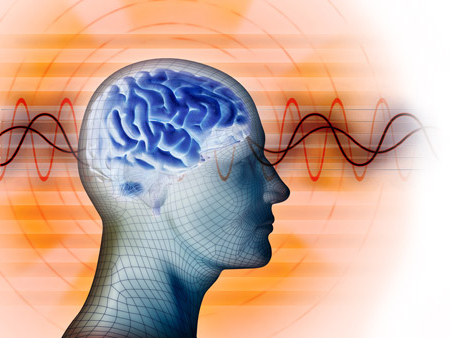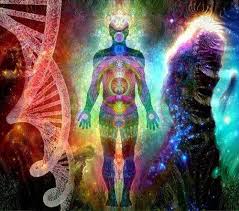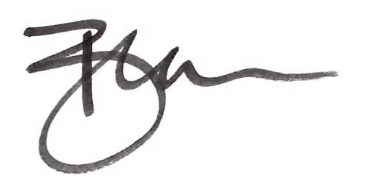
It has long been commonly said that we only use 10% of our brain’s potential. Whether that exact number is accurate or not, the idea that we have this unused brain real estate has fostered much speculation about what’s possible for humanity.
Like in the film Lucy, where Scarlett Johanssen walks into a room and knocks everyone unconscious with a thought (and that’s only at 60%), we dream of power. Not just the physical powers of the current gaggle of superheroes, but mental capacities that we can only imagine.

The connection between mind and body is being acknowledged as a reality in health care. Technology that works with the efficacy of the mind has been around for some time now. Revolutionary when it was first introduced, Biofeedback uses the mind to create changes in the body. Neurofeedback is using the brain to change itself, prompting the brain to alter neural pathways for better mental health.
Now another breakthrough in technology called Transcranial Magnetic Stimulation (TMS) is able to attenuate levels and types of activity in specific parts of the brain. Approved by the FDA for use with depression, it is currently in trials for OCD, anxiety, PTSD, and other stubborn mental-health issues. It untangles clusters of nerves that are self-perpetuating loops of dysfunction. By undoing these clumps, it regulates over-active areas (anxiety) and underactive areas (depression) of the brain. Thus the brain has an opportunity to create new, healthier patterns and better functioning.
These technologies are being used for ADHD and other types of brain patterns that result in less than optimal functioning in our society. What if this kind of intervention can help us have “better” brains and increase the capacity of the prefrontal cortex to levels not normally seen? What if we could not merely treat deficiencies, but also create “designer brains”?
Genetics is moving toward the ability to craft “designer babies,” where you not only delete genes for serious physical defects but cultivate desirable traits, like hair and eye color, to name a few. Are these interventions ethical? Are they a good thing?
Our technology often gets ahead of us in terms of our moral framework for questions about its use. Who decides what is good or bad? People who have Down’s syndrome are often described as angelic, sweet, and a true blessing to their families. We need to question if different is necessarily bad. Society’s pressure to conform and perform might be the problem, with no adequate roles for “differently-abled” people.
While new technology may help us “unstick” our thought patterns or get a jump-start on creating new neural networks, we have the power to change our brains without technology. It involves a type of intelligence that goes beyond our physical brain and is what I call consciousness. Our innate ability to evolve and grow consciousness allows us to make choices about what we do and think that can override our brains. That is why meditation and other ways of working with our thoughts and emotions can shift our bodies and our brains, and therefore our experience of reality.

Neural plasticity is a fairly new concept for science; we used to think that the brain was mature and “set” at age 25. Now more aware of this plasticity, we promote activities like doing puzzles, coloring, reading, and learning new skills to enhance brain health as we age. This is just one way in which we use this concept to create a better quality of life.
Experience literally creates the structure of our brains—the “use it or lose it” idiom relates to our brains as well as our physical abilities. Norman Doidge, in his book, The Brain that Changes Itself, describes how our potential for different brain maps is unlimited, and those maps can change to respond to our environment and circumstances. It’s the “I” beyond the brain that is ultimately the master designer, capable of creating new form, structure, and function—evolving to greater and greater capacities in every aspect of our being.

Bear McKay
Subscribe to my weekly blog with commentary and great resources about personal development, healing, and spirituality.
We will never sell or share your information with anyone!
